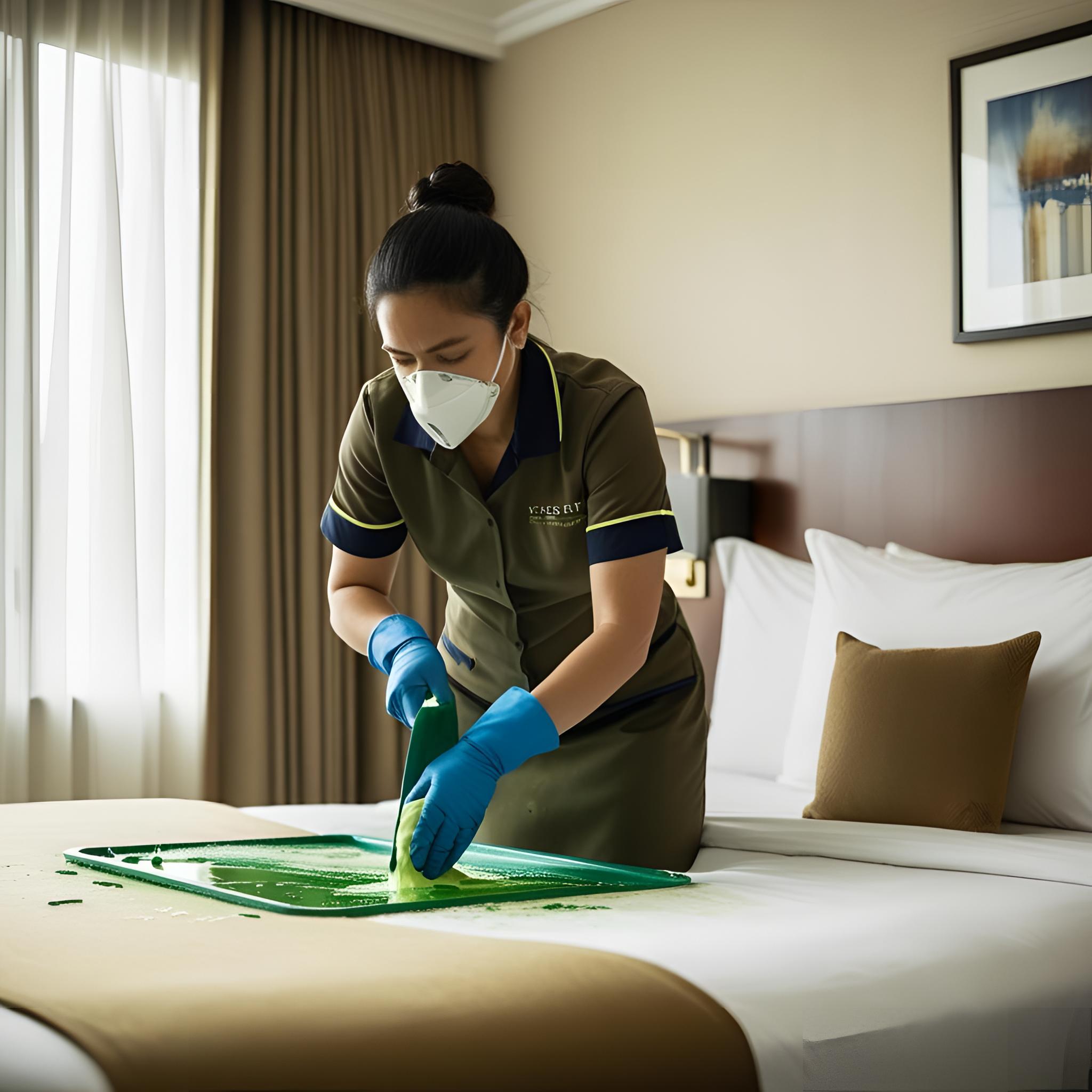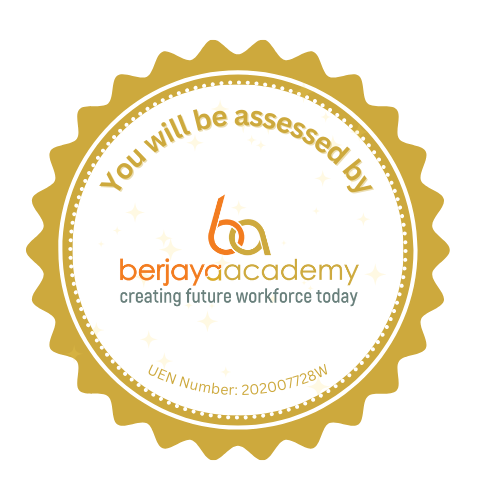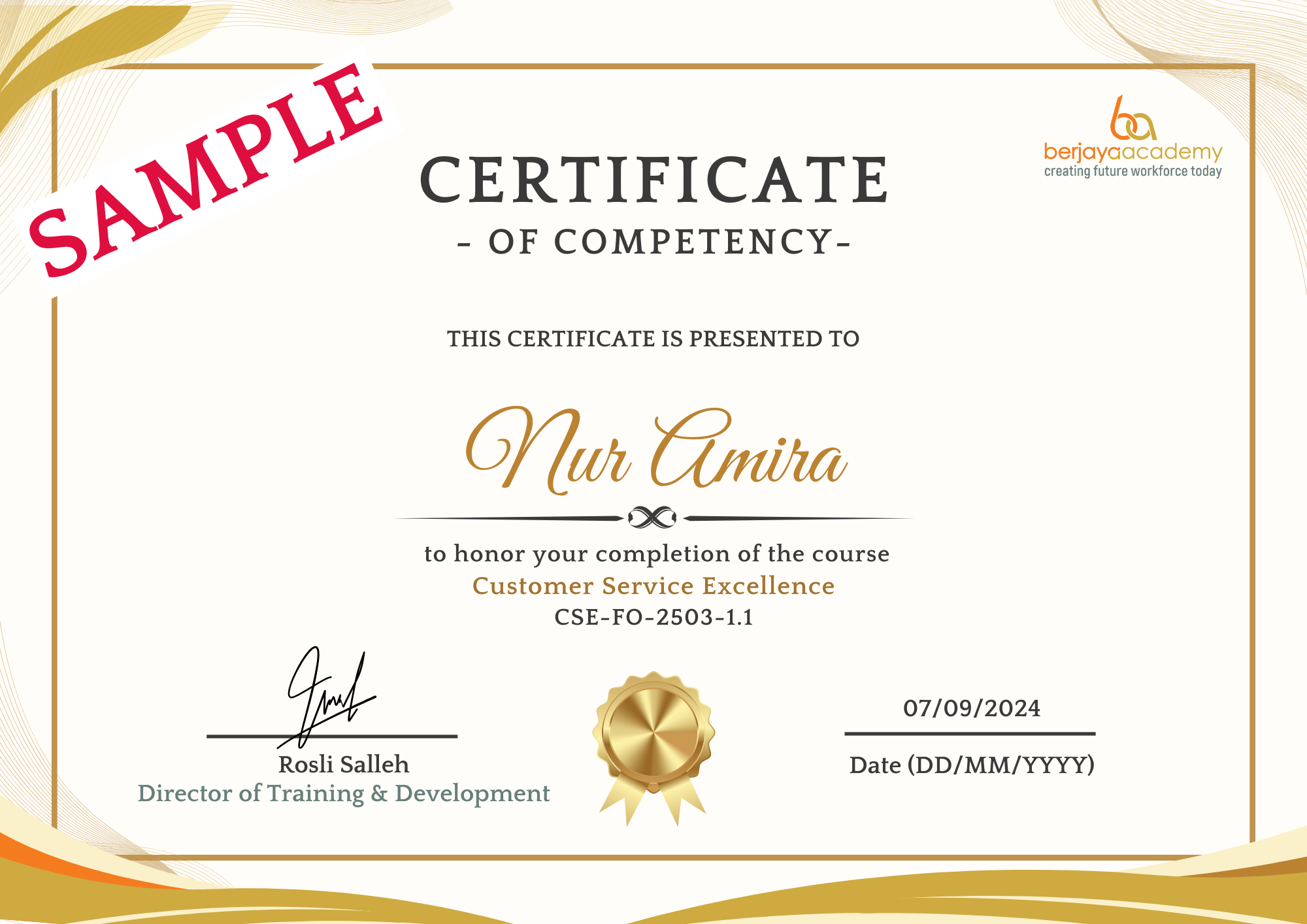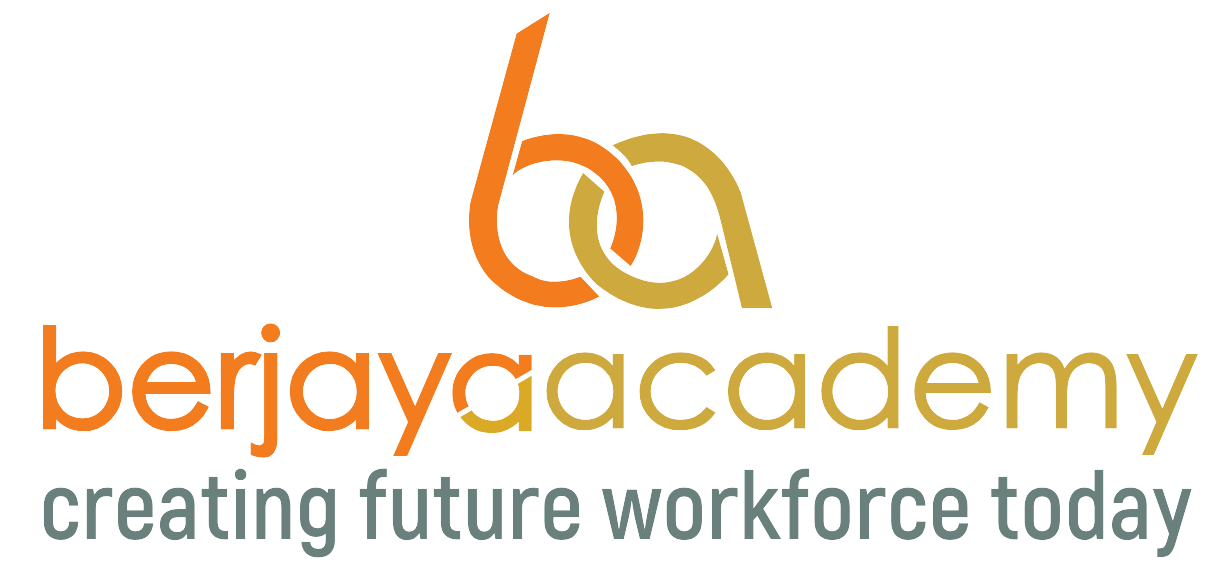
Course Details
Course Title: Handling Hazardous Situations
Course Code: HHS-HSKP-2503-1.1
Course Accreditation
Accreditation Type: Certificate of Competency
Course Duration
Total Course Hours: 8 hours (1 day)
Course Fee
Total Course Fee: S$180/pax
Funding Available (If Applicable):
- Training Industry Professionals in Tourism (TIP-iT)
- NTUC Company Training Committee (CTC) Grant
Summary
Topics:
- Dealing with bloodborne pathogens or sharp objects safely.
- Dealing with bloodborne pathogens or sharp objects safely.
- Handling chemical spills or other hazardous materials in service areas.
- Emergency response to accidents involving staff or guests.


Learning Objectives and Learning Units for Handling Hazardous Situations
Learning Objectives:
By the end of this module, learners will be able to:
- Safely handle bloodborne pathogens and sharp objects to minimize risk of injury or contamination.
- Effectively manage chemical spills and other hazardous materials in service areas, following safety protocols.
- Respond appropriately to emergencies involving accidents or injuries to staff or guests, ensuring safety and compliance with health regulations.
Learning Units:
Unit 1: Dealing with Bloodborne Pathogens or Sharp Objects Safely
- Understanding bloodborne pathogens and their risks (e.g., HIV, Hepatitis B and C)
- Identifying situations where exposure to bloodborne pathogens may occur
- Proper use of PPE (Personal Protective Equipment) when handling blood or sharps
- Step-by-step protocol for cleaning up and disposing of sharps
- Correct procedures for dealing with bloodborne pathogens exposure incidents (e.g., needlestick injuries)
- Reporting procedures and follow-up care
Unit 2: Handling Chemical Spills or Other Hazardous Materials in Service Areas
- Identifying hazardous chemicals used in hotel or service areas
- Procedures for safely handling, storing, and disposing of hazardous chemicals
- Correct steps for responding to chemical spills (e.g., containment, neutralization, disposal)
- Understanding Material Safety Data Sheets (MSDS) and their role in chemical safety
- Emergency protocols for chemical accidents and exposure
- Proper ventilation and ventilation equipment for chemical handling
- Post-accident reporting and clean-up requirements
Unit 3: Emergency Response to Accidents Involving Staff or Guests
- Recognizing common accidents in hospitality (e.g., slips, falls, burns, choking)
- Understanding basic first aid and CPR principles
- Procedures for dealing with serious injuries (e.g., fractures, bleeding, unconsciousness)
- Emergency evacuation procedures for accidents involving hazardous materials or injuries
- Communicating effectively with emergency services (ambulance, fire, etc.)
- Incident reporting and documentation requirements
- Psychological support for injured staff or guests
